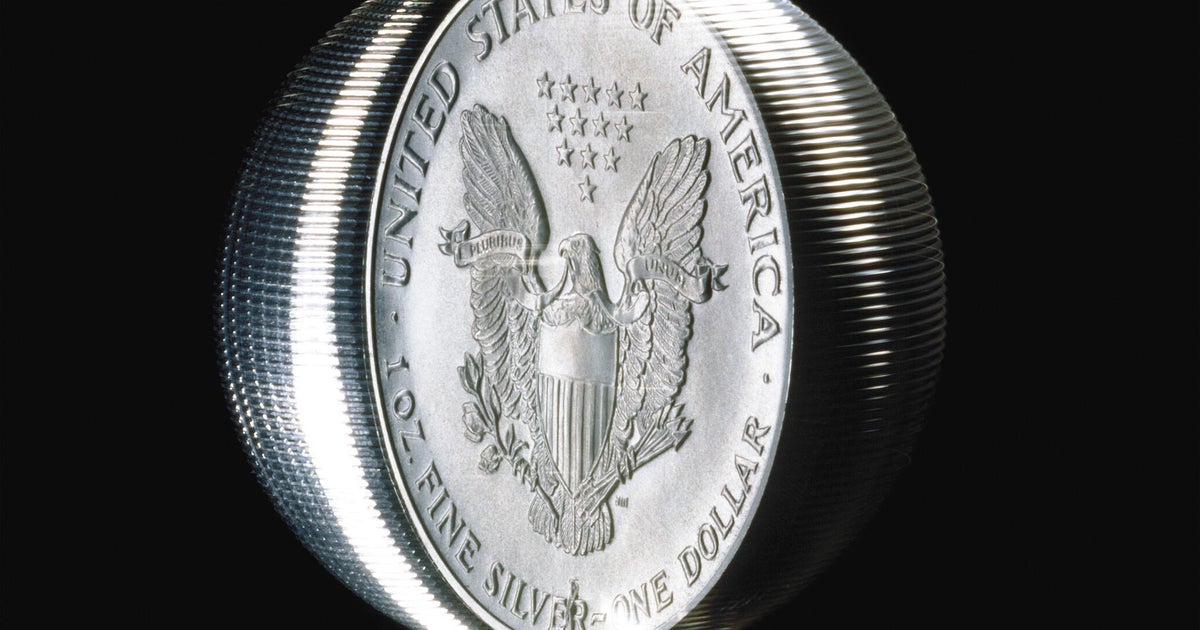Is mortgage refinancing worth it?
The start of a new year marks an opportunity for re-evaluation, particularly when it comes to personal finances. Perhaps there was an investment you were considering previously or an insurance policy you would feel safer having. Then now may be a good time to pursue it.
Homeowners looking to cut corners and save money, meanwhile, may turn to mortgage refinancing.
While not as appealing as it was during the height of the pandemic (when rates hovered near historic lows), mortgage refinancing may still be worth it for several reasons. The benefits of refinancing your mortgage are particular to your individual circumstances and long-term goals. And even though rates are higher than they were in 2020 (between 6% and 7% now compared to around 3% then), it may be beneficial to act now, before they rise again.
If you're considering a mortgage refinance then start by answering a few simple questions here to find out if it's right for you.
Is mortgage refinancing worth it?
Mortgage refinancing in the current rate environment isn't for everyone. But if you fall into one of the following categories it may still be worth it.
Homeowners who want to pay off their loan early
Refinancing isn't just for those who want to reduce their monthly mortgage payment. It's also beneficial for owners who want to pay off their loan sooner than initially anticipated. When you take out a mortgage refinance loan you're essentially replacing your existing loan, preferably with better terms. So if your first loan was for 30 years but now you have the ability to pay it off sooner, you may want to refinance to a 15-year term, instead.
This will free up cash that you would have otherwise spent over the initial term length. It will also save you money long-term since you won't be paying for the interest that was tacked on to the longer mortgage term.
Just know that consolidating your loan term will likely increase your monthly payment. Since you're paying more of the loan in a shorter period of time you won't see many short-term savings benefits. But if you want to save in the long run - and can use the cash you're currently paying toward your mortgage for something else - then it may make sense to refinance to a shorter term now.
You can easily see if a mortgage refinance loan makes sense for you here now.
Homeowners with adjustable-rate mortgages
Mortgage refinancing is perhaps best known for saving owners money by reducing their interest rate and thus the amount of their monthly mortgage payment. But it can also be advantageous for one simple reason: it can inject some predictability into the mortgage pay-off process. Specifically, you can refinance your current mortgage with an adjustable-rate mortgage (otherwise known as an ARM) into a fixed-rate mortgage.
Adjustable rate mortgages can be easy to pay early on when introductory rates are typically low. But that's in the beginning. Adjustable-rate mortgages are exactly that: adjustable. So what you pay in one year may not be what you pay in another and that rate may not be what you pay in the future. This can lead to stress and economic anxiety, particularly during unfavorable rate environments.
But mortgage refinancing, assuming the owner has favorable credit, allows for a permanent restructuring into a fixed-rate mortgage. This will eliminate the confusion and concern attached to an adjustable-rate mortgage and allow the homeowner to budget more efficiently - while also guaranteeing that what they pay this month will be the same as what they pay in the years to come.
Homeowners who can reduce their interest rate
Granted, this group is smaller than it once was. But, again, everyone's personal circumstances are different. Perhaps current interest rates are still better than what you initially were given. Then a refinance loan may make sense. "Better," in this case generally being a full percentage point lower than your current rate.
Which homeowners fall in this category? Generally, those who had poor credit - and thus a higher interest rate - when they initially applied. Homeowners who took out their loan during times of higher rates, regardless of their credit at the time, may also benefit from refinancing now.
Do the math. Compare what you're paying now to what you could be paying if you refinance. Just remember that you'll have to pay closing costs on any refinance. So make sure you're planning on staying in your home long enough to recoup any out-of-pocket costs.
Use the calculator below to determine if refinancing makes sense for you.
The bottom line
2020 marked a historic opportunity for homeowners to refinance their mortgages. And while rates have increased in recent months, there are still some borrowers who may benefit from acting now.
If you want to pay off your mortgage early, want to change from an ARM to a fixed-rate mortgage or can drop your current interest rate a full percentage point (or more) then it may make sense to refinance now.
Answer a few simple questions here and get started.




